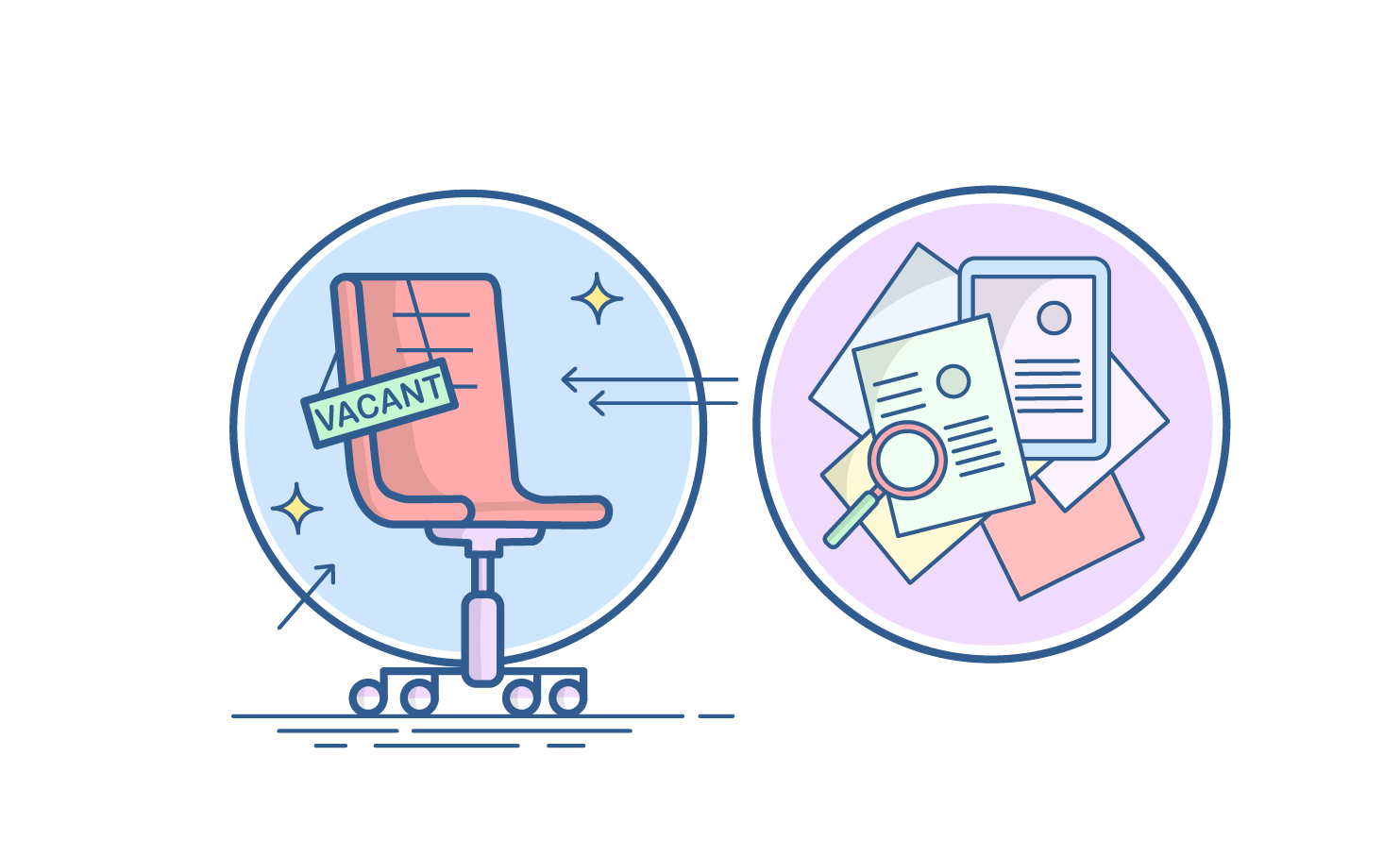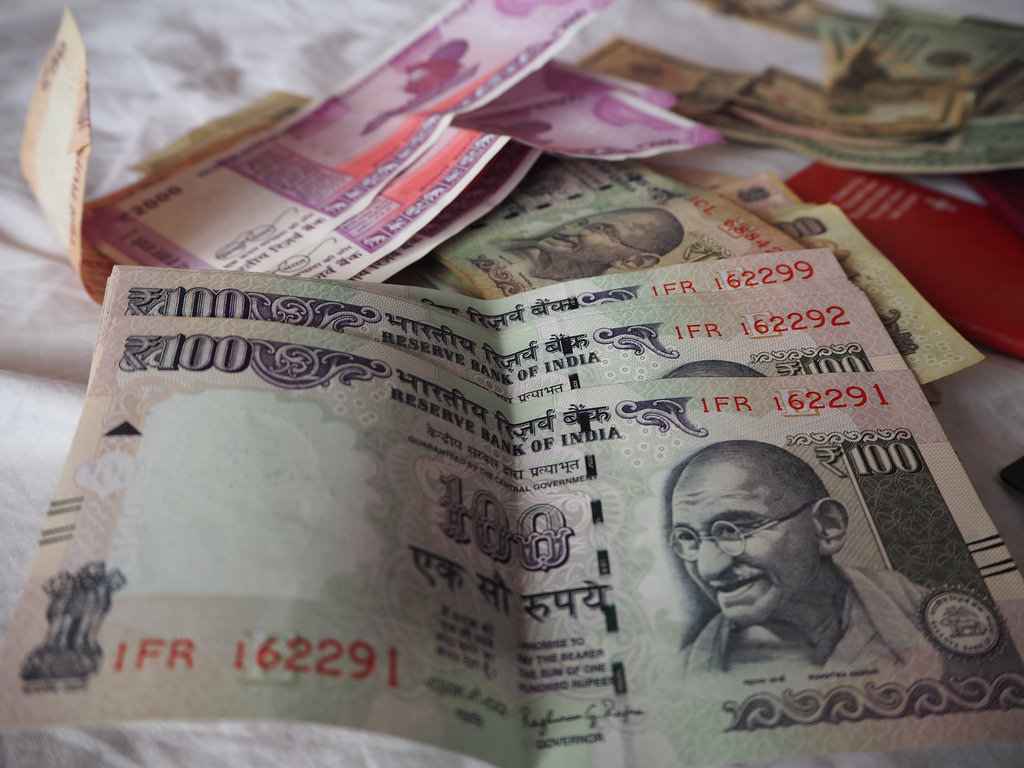Revenue Officer
Who Is A Revenue Officer?
A Revenue Officer is an employee of the Civil Services department of India. In this role, you will be responsible for the collection of taxes and duties (revenue), on behalf of the government.
For example, you will be asked to look into the matter of a large organisation that hasn’t paid its property tax yet and enforce the necessary actions to recover the amount.
Roles & Responsibilities
Investigating defaulting taxpayer accounts and recovering dues. Several individuals and establishments don’t pay their taxes on time or have suspicious financial records. You must investigate these on behalf of the government, identify the discrepancies and ensure defaulters are brought to task.
Sending notices to defaulters. If you find an imbalance in Income Tax (IT) records, you must notify the concerned taxpayer and also the government.
Determining the type of audits (inspection) to be performed. The taxpayer may or may not have defaulted on tax returns. These defaults can include unknown sources of income, declaring less income, property exceeding the amount claimed by the taxpayer, and much more. Depending on your initial findings, you will determine the extent and nature of audits (inspection).
Providing advice on reporting and evaluation methods for goods subject to taxation. This means fixing guidelines for customs duty, domestic or international, and all other consumables. Your role will be to control and enforce taxes on goods and services.
Assisting in searching and seizing records and preparing charges for court cases. Your primary job is to assist and inform law enforcement agencies with identifying defaulters and seize unreported assets (property, cash, etc.), and help them in serving as experts in court cases.
Take the Mentoria career assessment test, to find out how well-suited you are as a Revenue Officer.
Discover your Ideal future
Get expert guidance and mentorship towards your perfect fit.
What Skills Will I Need To Have To Do This Job Well?
As exciting as this sounds, there are some things you’ll need to learn to do the job right:
TECHNICAL SKILLS
You must be skilled at executing your working knowledge of domestic and national tax laws. Everything you do will revolve around these. You will also need an in-depth understanding of the economy and current affairs since you will be assisting the central government in curbing corrupt practices.
ORGANISATIONAL SKILLS
You will be maintaining multiple records, such as those of taxes and investigative reports. There will be times when the number of such files and documents might seem overwhelming. You have to be very particular about the records you maintain.
PERSONAL SKILLS
You will be dealing with all kinds of people. You might even face aggressive outbursts and threats to life as a revenue officer. Imagine telling people they are wrong and that they will have to be penalised or even legally tried. Not an easy job. There might even be times when you will have to bring important officials to task.
You must be very sure of yourself, honest and courageous to do your job well.
Additionally, you will also remain professional in the face of such dangers. You must also be able to maintain a strong resolve as you will often be bribed to cover up the truth. Strong deductive reasoning and investigative abilities are the other personal skills you will need to become an efficient revenue officer.
Thinking of a career as a Revenue Officer? Take the Mentoria assessment test & talk to our career counsellors to get personalized step-by-step guidance for your future career path.
What Will My Workplace Look Like?
Your work life will vary severely depending on where you work, the kind of cases you take up, and your role.
As a Revenue Officer, your work-setting will typically be a Central or State government office, including, but not limited to, the IT department.
You might also be deputed to do the jobs of your Indian Administrative Service (IAS) counterparts or take up posts in Vigilance and Securities. Your working hours will be fixed, usually 9 to 5.
You won’t be travelling much, unlike IAS officials, and will mostly be working in big cities where most of the national revenue is generated. You might, however, be asked to travel to courts and the residencies of taxpayers for investigations or interviews.
What Is My Scope For Career Growth As An Revenue Officer?
You can begin your career as an assistant commissioner in the Indian Revenue Service (IRS). You could be promoted to the senior commissioner as you gain experience and deal successfully with big cases.
The senior most position is that of a Chief Commissioner.
You can aim at becoming a member or chairperson of the Central Board of Direct Taxes (CBDT) and other similar positions. You can also be appointed to senior roles at Vigilance and the Narcotics Control Bureau or esteemed positions in the Ministry of Finance and other government ministries.
Sign up for Mentoria, to discover your ideal academic & career path with our 4-step career guidance solutions.
How Much Will I Get Paid?
The exact number will depend on the department you’re working and your skills. But we can give you a general idea.
| Cadre | Payscale |
| Principal Chief Commissioner of Income Tax | Rs. 80,000 (fixed) |
| Chief Commissioner of Income Tax | Rs. 75,500-80,000 |
| Principal Commissioner of Income Tax | Rs. 67,000-79,000 |
| Commissioner of Income Tax | Rs. 37,400-67,000 + grade pay of Rs. 10,000 |
| Additional/Joint Commissioner of Income Tax | Rs. 37,400-67,000 + grade pay of Rs. 8,700/ Rs. 15,600-39,100 + grade pay of Rs. 7,600 |
| Deputy Commissioner of Income Tax | Rs. 15,600-39,100 + grade pay of Rs. 6,600 |
| Assistant Commissioner of income Tax | Rs. 15,600-39,100 + grade pay of Rs. 5,400 |
| Reserves (Group ‘A’) | Rs. 15,600-39,100 + grade pay of Rs. 5,400 |
Okay, I'm sold. This is amazing

STEP 1: Class XI-XII/Junior College
Choose any stream and ensure Maths and Statistics are subjects you’re good at. A strong base in Economics will make your journey to becoming a Revenue Officer easier.

STEP 2: Graduate Degree
Pursue a Bachelor’s degree in a stream of your choice. We suggest you choose to take up subjects like Economics, Political Science, Mathematics among others seriously.
Make sure you read up enough about domestic and global economics and politics. Revenue officers are expected to have high levels of general knowledge.

STEP 3: Entrance Exams
Once you have completed your degree, you can take the Union Public Service Commission (UPSC) Exam. This entrance exam tests your knowledge of current affairs, politics, world and Indian history, mathematics, logic and aptitude, civics, economics, and a few other subjects. You need a rank between 100 and 390 to bag a job in the IRS (Income Tax or Customs).

STEP 4: Postgraduate Degree
While optional, this will help you gain a deeper understanding of your core subjects. You can consider pursuing a Master’s degree in Economics and Mathematics or other relevant subjects.

STEP 5: Land a Job
It is important to note that you can take up any regular job before becoming a revenue officer. You can take the civil services exam (UPSC) anytime before the age of 32. We suggest that you don’t give up on the exams if you don’t crack it at the first attempt!
Now that you secured the desired rank, you are good to go. Congratulations, you are now officially a Revenue Officer!
Sign Up for Mentoria - India’s Most Reliable Career Discovery Platform
Mentoria promises to handhold you during your career discovery journey - from the time you sign up until you get into a career you love.
Discover your Ideal future
Get expert guidance and mentorship towards your perfect fit.


